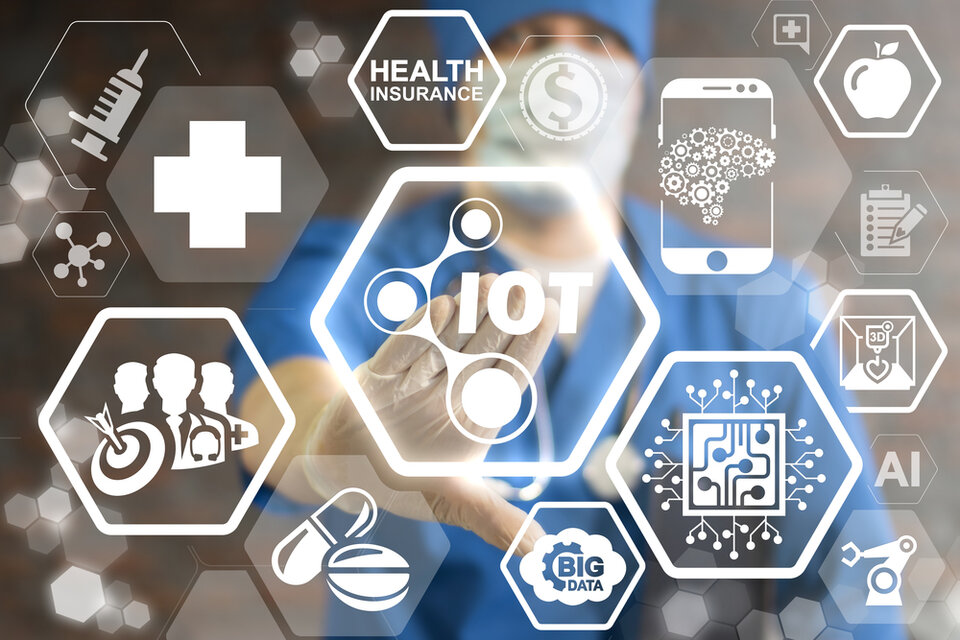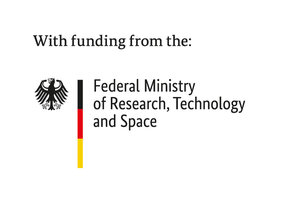M/EDGE -Secure Low-Power Medical Edge Computing

Modern medical devices increasingly contain microchips, enabling new diagnostic and therapeutic possibilities. These novel products are often located in the immediate vicinity of or even inside the patient's body over a longer period of time. They monitor the patient's condition and development and implement therapeutic measures. The connection to a medical cloud for precise analysis of the measurement data enables targeted, gentle and personalized treatment.
However, the classic connection of a mobile device to a cloud is unsuitable for medical products. It is characterized by high transmission rates, which in turn cause higher power consumption, and requires an uninterrupted connection This is inadequate for devices that are located in the patient's body, because they must be small, battery-powered and be able to transmit from inside the body. But devices worn inside the body also need low-power wireless connectivity and must be able to cope with connectivity problems caused by "dead spots." Even when connectivity is interrupted, medical products must not fail to do their job.
In the M/EDGE project, energy-saving and miniaturized computing technology will be developed for use in and on patients. The project also aims at finding solutions to connect medical products to a medical cloud while being energy-efficient. The computing technology must be powerful enough to maintain functionality even if the connection to the cloud is lost. At the same time, the technology should be energy-efficient to ensure long battery life, even if designed for a small format such as an ingestible capsule. To achieve this, M/EDGE will analyze three applications and develop an optimized computing technique.
The project is funded by the German Federal Ministry of Research, Technology and Space (Bundesministerium für Forschung, Transfer und Raumfahrt - BMFTR).
Project duration: 2022 – 2025
Contact: Friedrich Pauls (Friedrich.Pauls@barkhauseninstitut.org), Mattis Hasler (Mattis.Hasler@barkhauseninstitut.org)
Cooperation partners: Infineon Technologies AG, Precisis GmbH, Exelonix GmbH, Ovesco Endoscopy AG, Else Kröner-Fresenius Center for Digital Health of the Medical Faculty of the TU Dresden, International Center for Computational Logic at the Institute for Artificial Intelligence at the TU Dresden, Chair of Embedded Systems at the University of Tübingen, Vodafone Chair Mobile Communications Systems at the Institute of Communication Technology at the TU Dresden, Computational Neurology at the Charité - Universitätsmedizin Berlin (Charité - Berlin University of Medicine)

